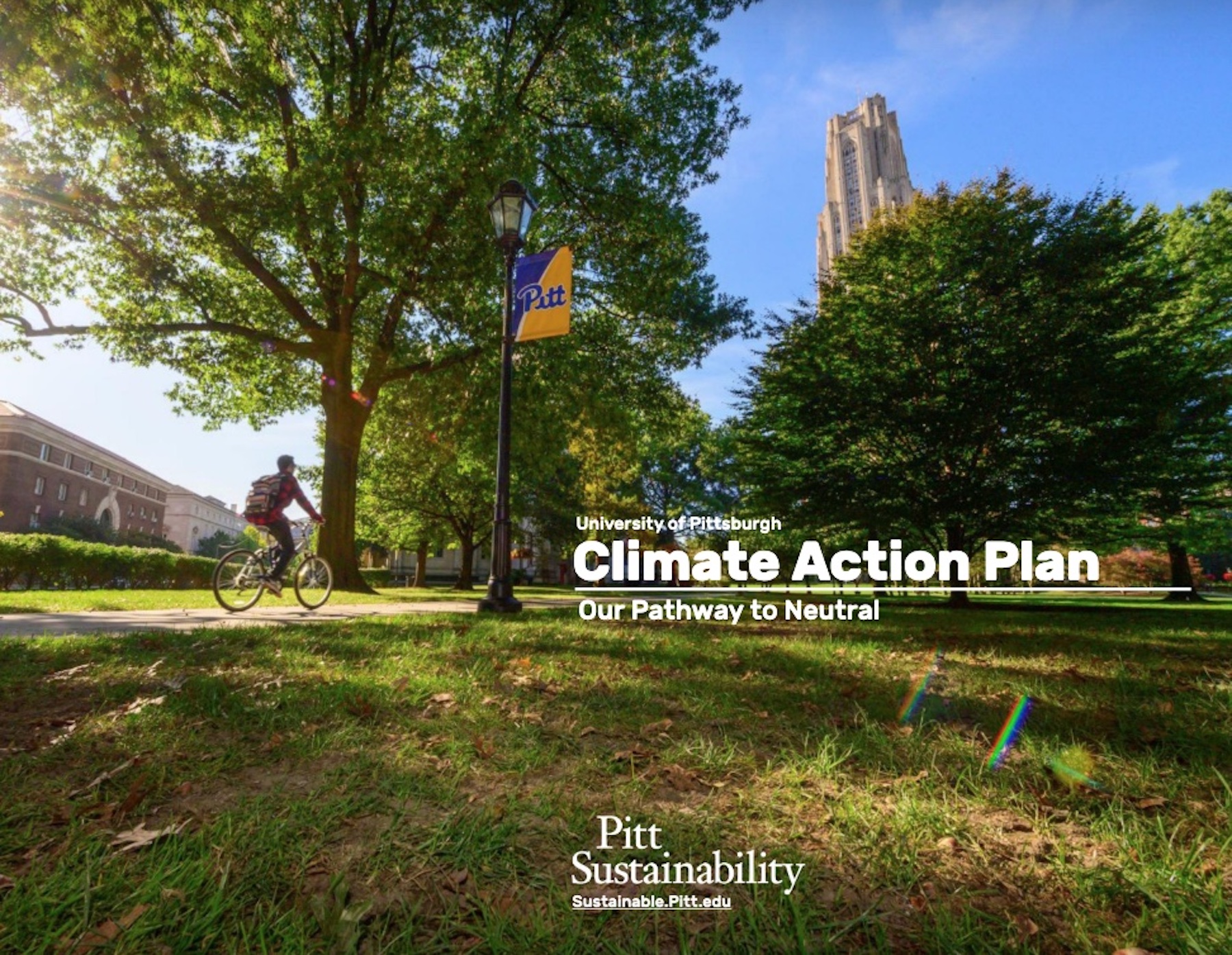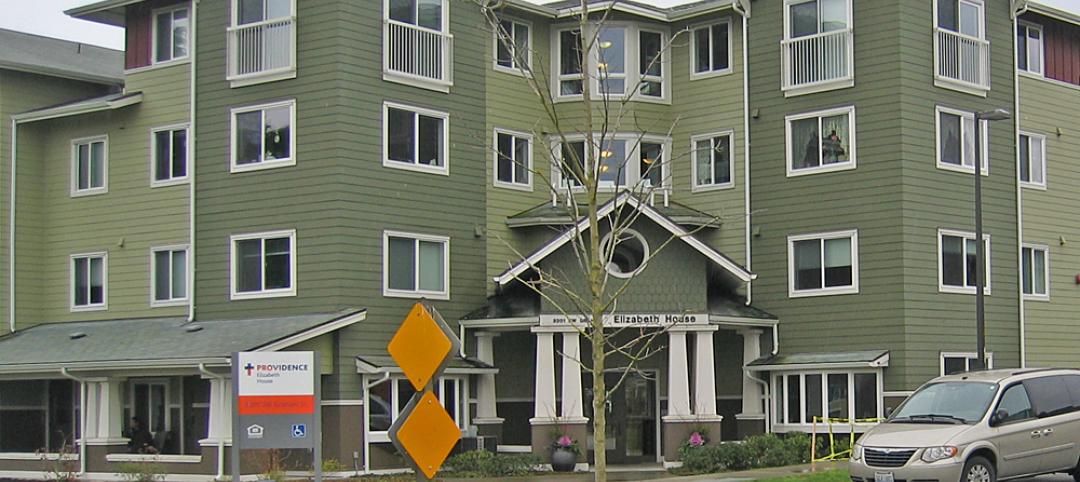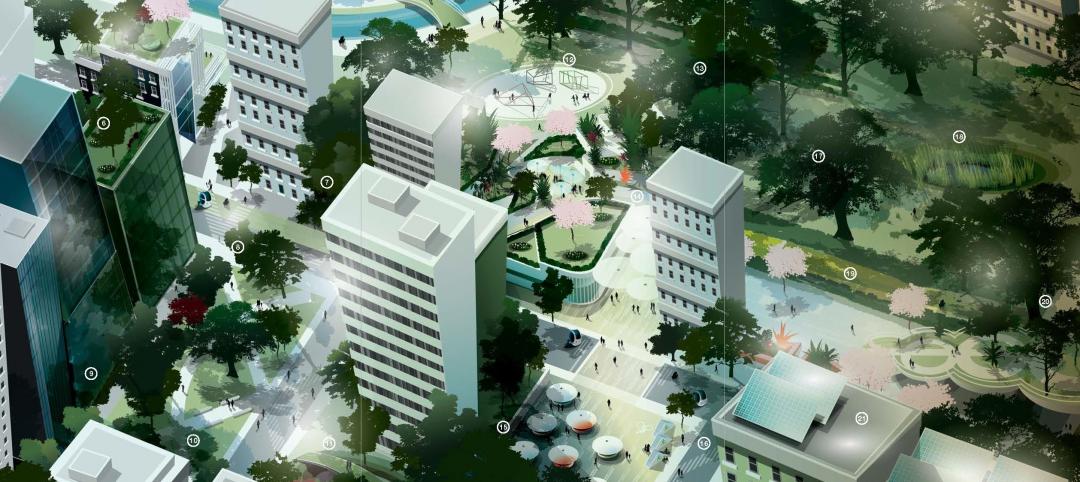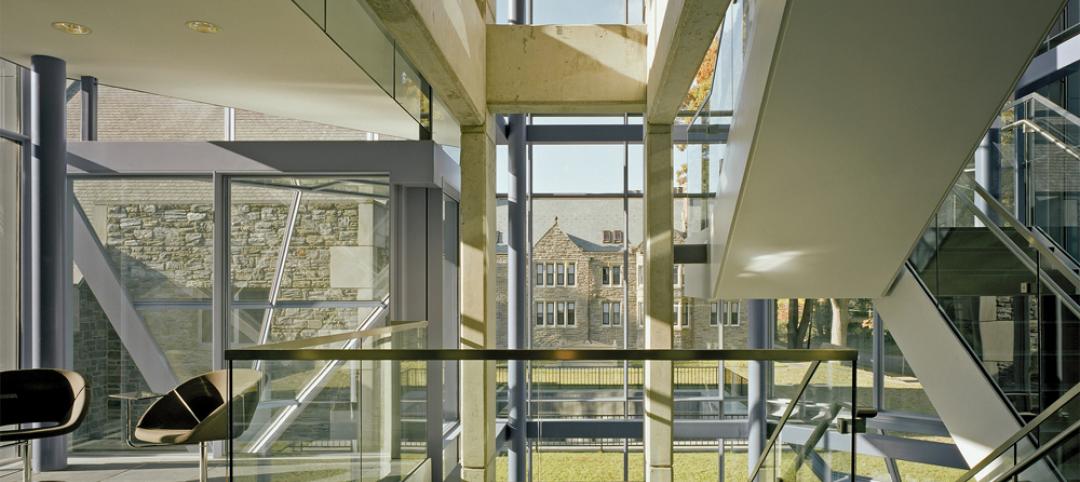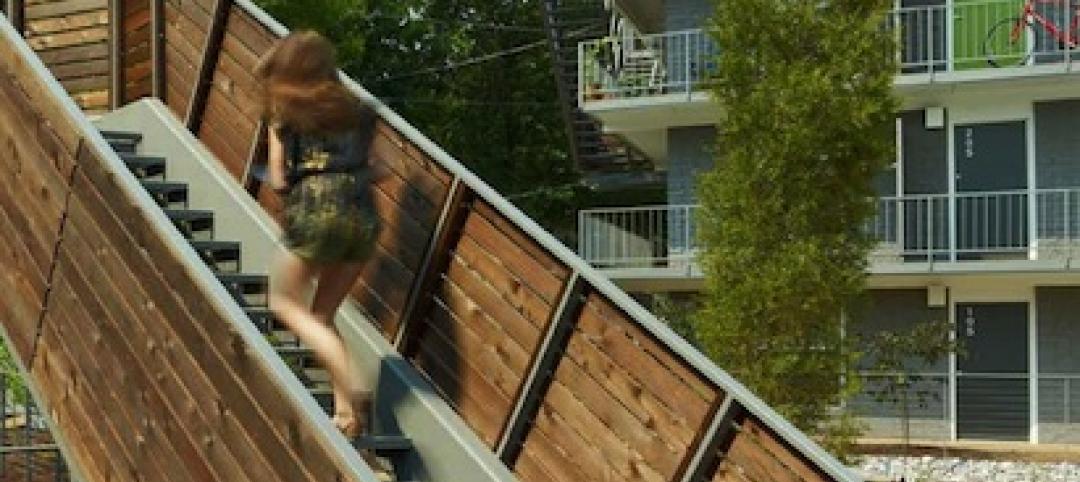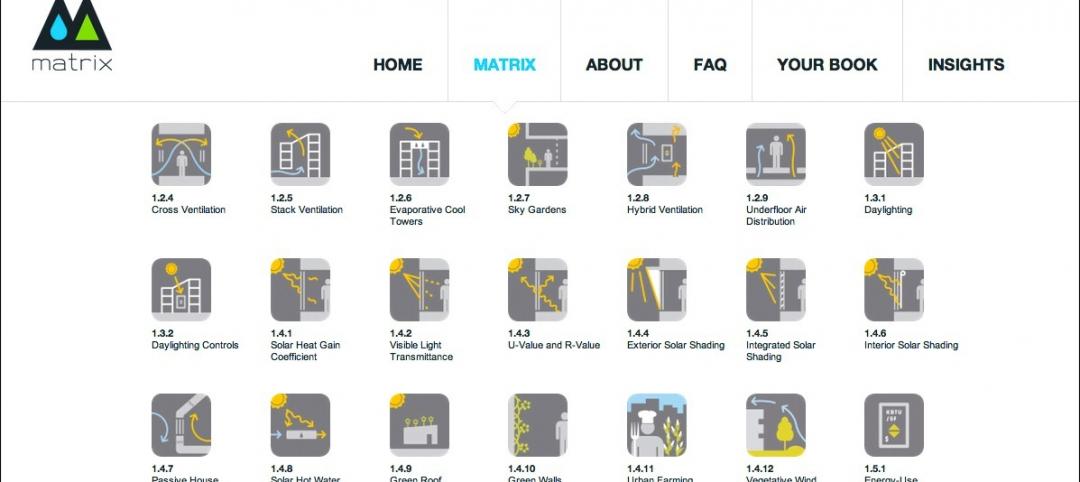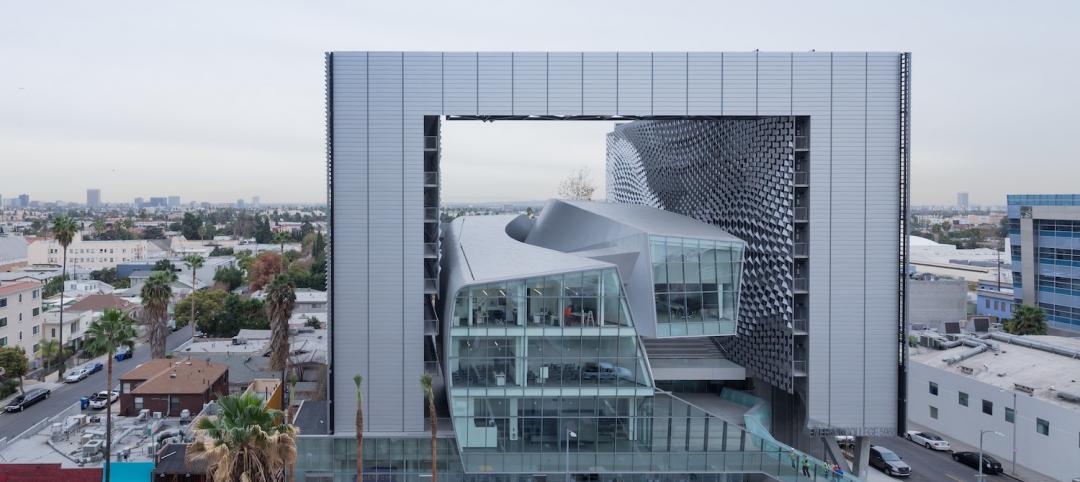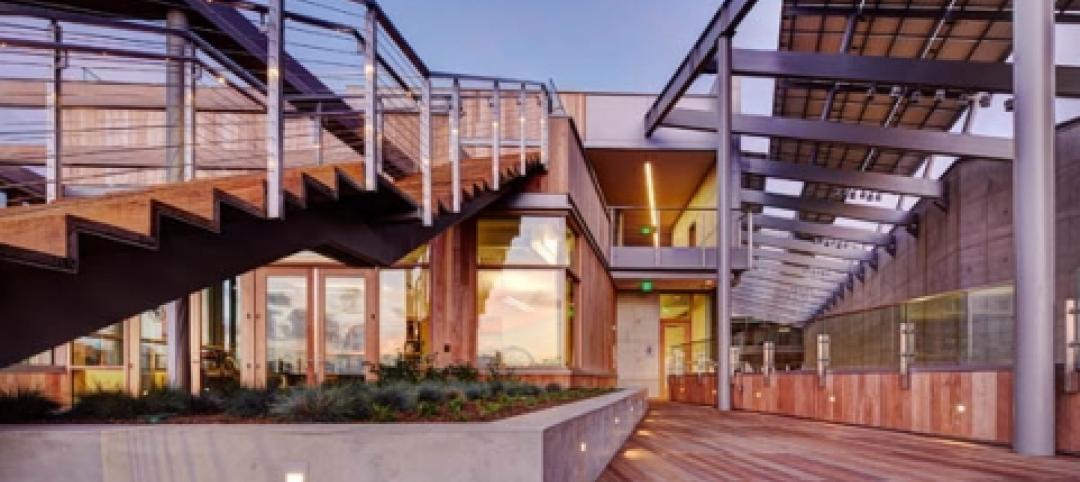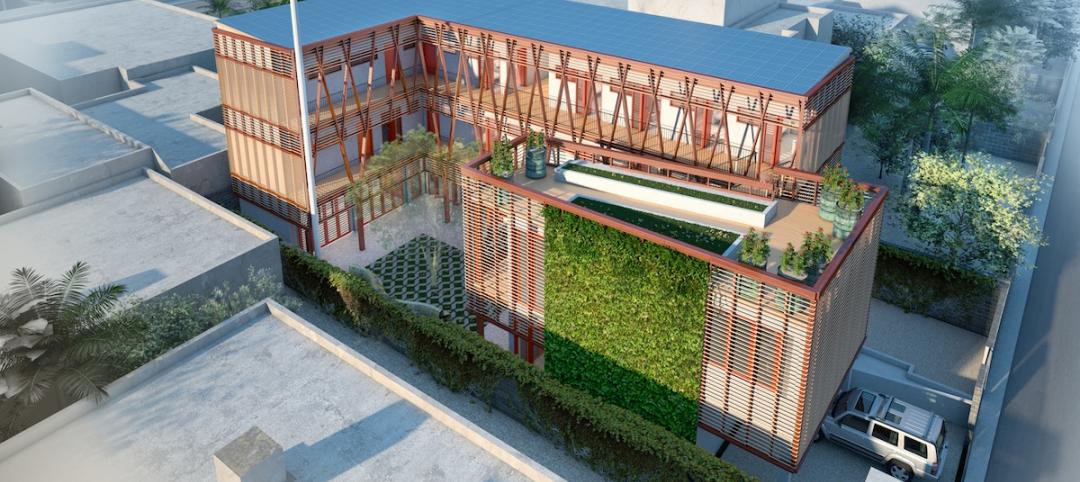The University of Pittsburgh has released the Pitt Climate Action Plan, detailing how the University will achieve its goal to go carbon neutral by 2037 through investments in clean energy, transportation, efficiency and other areas. By 2037, efforts detailed in the plan will result in a net reduction in annual emissions equivalent to taking more than 45,000 cars off the road.
AMBITIOUS GOAL RESTS ON 3 PILLARS
The report details three pillars for achieving 2037 goals: energy demand reduction; clean supply via renewable and clean energy investment; and low carbon connections via active, shared and low carbon mobility.
Planned investments in energy efficiency will decrease the use of utilities on campus, while investments in electricity generation, including agreements for local hydroelectric and solar power that are already underway, will help ensure that the energy the University does consume is clean.
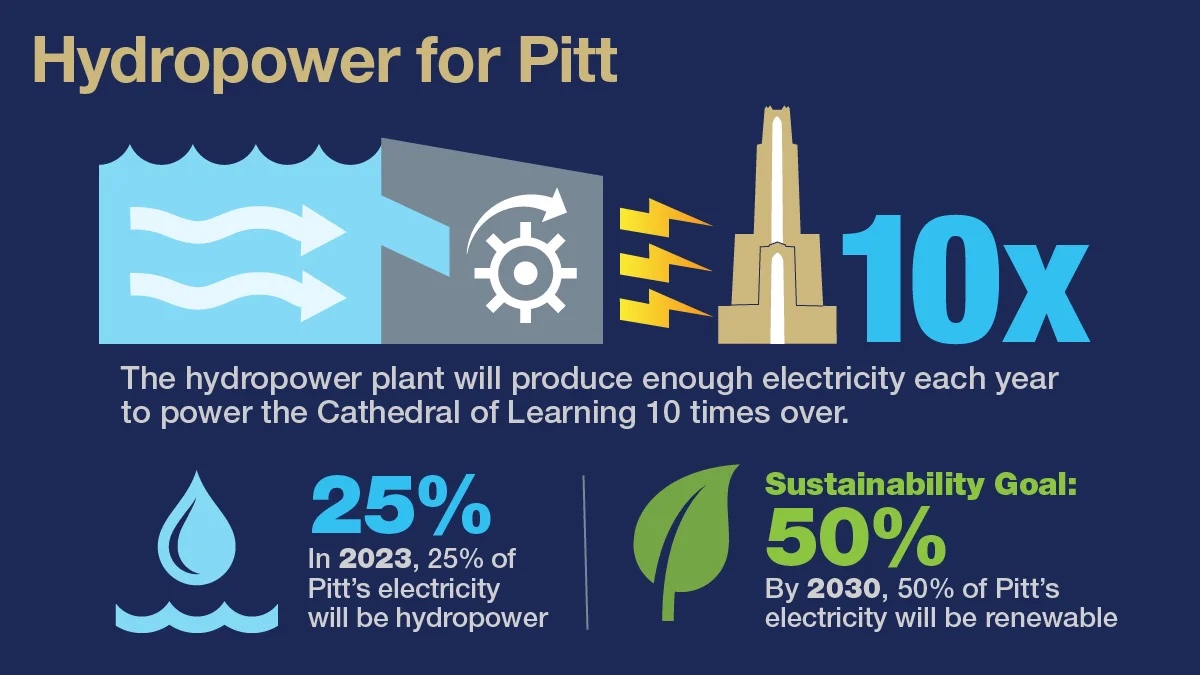
Energy demand reductions from space use optimization, existing building efficiency, and new building performance will enable the university to avoid 27,100 metric tons of carbon dioxide equivalent (MT CO2e). Carbon emissions will be reduced by establishing and supporting low carbon connections for commuting and air travel through strategies such as shifting commuting modes to more active, shared, and low carbon choices; an increase in flex work arrangements, air travel reductions, and air travel offsets.
'NEED FOR URGENCY' IN 2037 GOAL
“The Pitt Climate Action Plan lays out our institutional climate action strategy for the University community and details how they can get involved,” said Pitt Director of Sustainability Aurora Sharrard, who also chairs the Carbon Commitment Committee of the Chancellor’s Advisory Council on Sustainability responsible for compiling the plan. “Many higher education institutions have set a 2050 goal. The 2037 goal recognizes the need for urgency in addressing the climate emergency, while also allowing for the longer-term planning necessary to pursue sustainable solutions”
Pitt has already made substantial progress in reducing its carbon footprint: The school’s most recent greenhouse gas inventory showed a 32% decrease in emissions between 2008 and 2020, thanks in part to a shift to cleaner steam plants and ongoing energy efficiency projects in campus buildings.
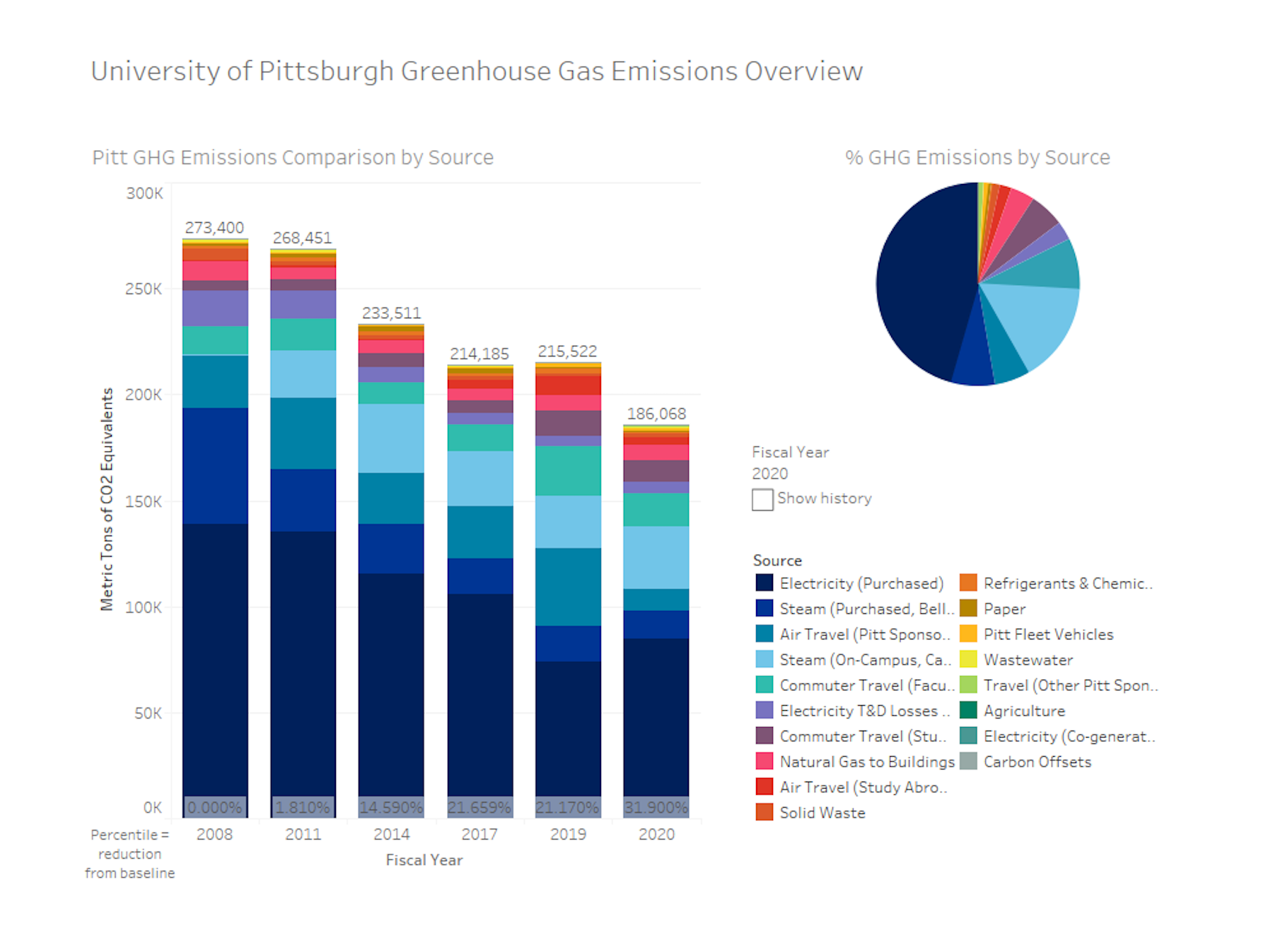
The committee will update the Pitt Climate Action Plan every five years, detailing and making public the ongoing work toward carbon neutrality at Pitt.
“We have a responsibility to our larger communities, both in Pittsburgh and our regional campuses, to ensure that we’re communicating what we’re doing as a thought and practice leader to help other institutions find their own way,” she said. “The global call is for carbon neutrality by 2050. It’s going to take a lot more than just us to get there.”
Related Stories
| May 16, 2014
BoA, USGBC to offer $25,000 grants for green affordable housing projects
The Affordable Green Neighborhoods Grant Program will offer 14 grants to developers of affordable housing in North America who are committed to building sustainable communities through the LEED for Neighborhood Development program.
Smart Buildings | Apr 28, 2014
Cities Alive: Arup report examines latest trends in urban green spaces
From vertical farming to glowing trees (yes, glowing trees), Arup engineers imagine the future of green infrastructure in cities across the world.
| Apr 16, 2014
Upgrading windows: repair, refurbish, or retrofit [AIA course]
Building Teams must focus on a number of key decisions in order to arrive at the optimal solution: repair the windows in place, remove and refurbish them, or opt for full replacement.
| Apr 11, 2014
ULI report documents business case for building healthy projects
Sustainable and wellness-related design strategies embody a strong return on investment, according to a report by the Urban Land Institute.
| Mar 26, 2014
Callison launches sustainable design tool with 84 proven strategies
Hybrid ventilation, nighttime cooling, and fuel cell technology are among the dozens of sustainable design techniques profiled by Callison on its new website, Matrix.Callison.com.
| Mar 7, 2014
Thom Mayne's high-tech Emerson College LA campus opens in Hollywood [slideshow]
The $85 million, 10-story vertical campus takes the shape of a massive, shimmering aircraft hangar, housing a sculptural, glass-and-aluminum base building.
| Feb 24, 2014
First look: UC San Diego opens net-zero biological research lab
The facility is intended to be "the most sustainable laboratory in the world," and incorporates natural ventilation, passive cooling, high-efficiency plumbing, and sustainably harvested wood.
| Feb 14, 2014
ASHRAE, Green Grid team up on energy-efficiency guide for data centers
Vendor-neutral publication examines aspects of the popular power usage effectiveness (PUE) metric.
| Jan 30, 2014
How reverse engineering nature can spur design innovation
It’s not enough to copy nature. Today’s designers need a deeper understanding of environmental nuance, from the biome in.
| Jan 23, 2014
Adrian Smith + Gordon Gill-designed Federation of Korean Industries tower opens in Seoul [slideshow]
The 50-story tower features a unique, angled building-integrated photovoltaic (BIPV) exterior designed to maximize the amount of energy collected.


